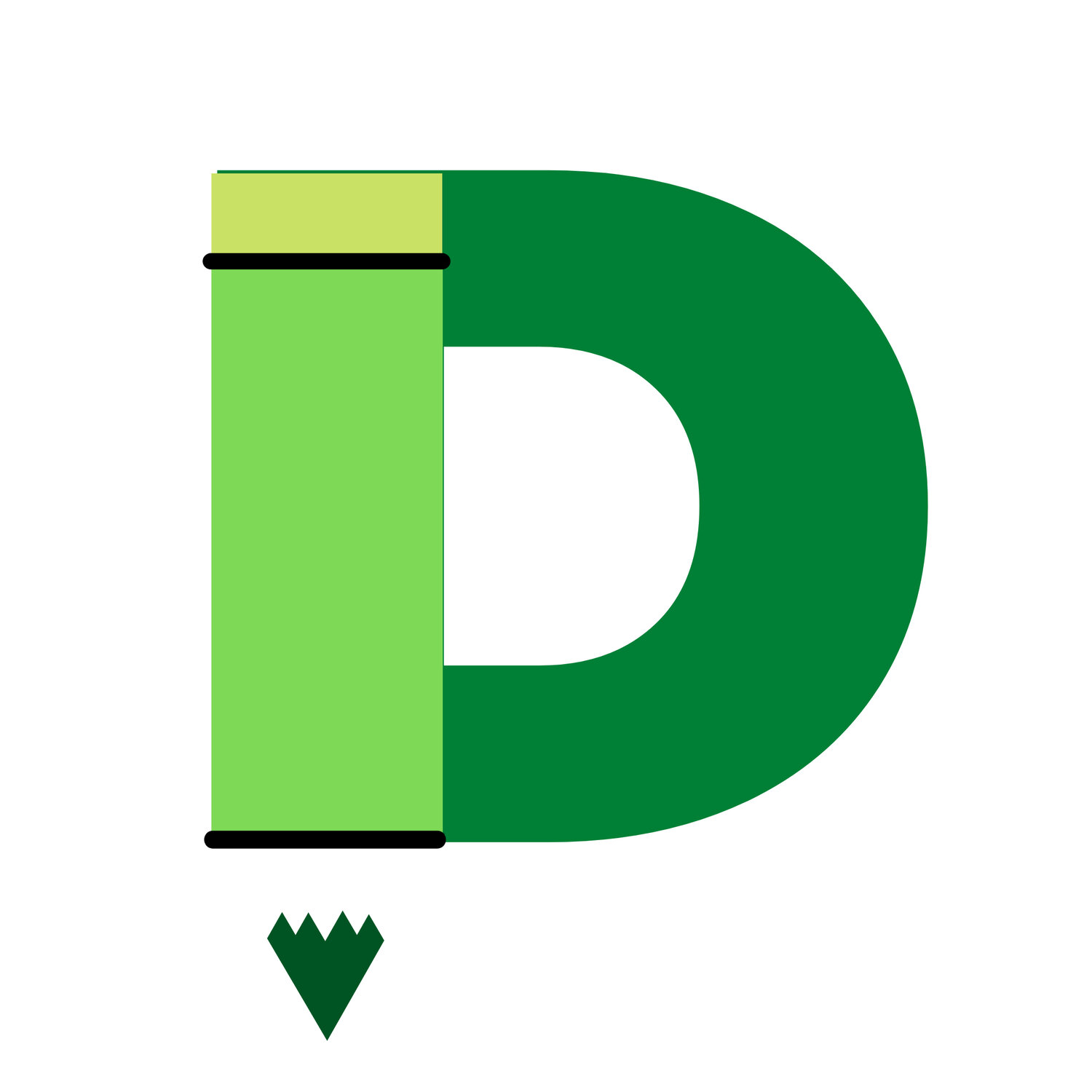Lesson Plans
We want the process of incorporating BIPOC voices and building an anti-racist classroom to be as accessible to educators as possible. That’s why our lesson plans are aligned with national education standards, designed to be flexibly integrated into your existing class curriculum, and include a variety of activities (including interactive slides that can be shared with your students). Whether you use these as stand-alone lessons or adopt a whole lesson plan series, we hope these resources will help you build an empowering community alongside your students. Check back often, we are always releasing new lesson plans!
Grade Level Standards Met
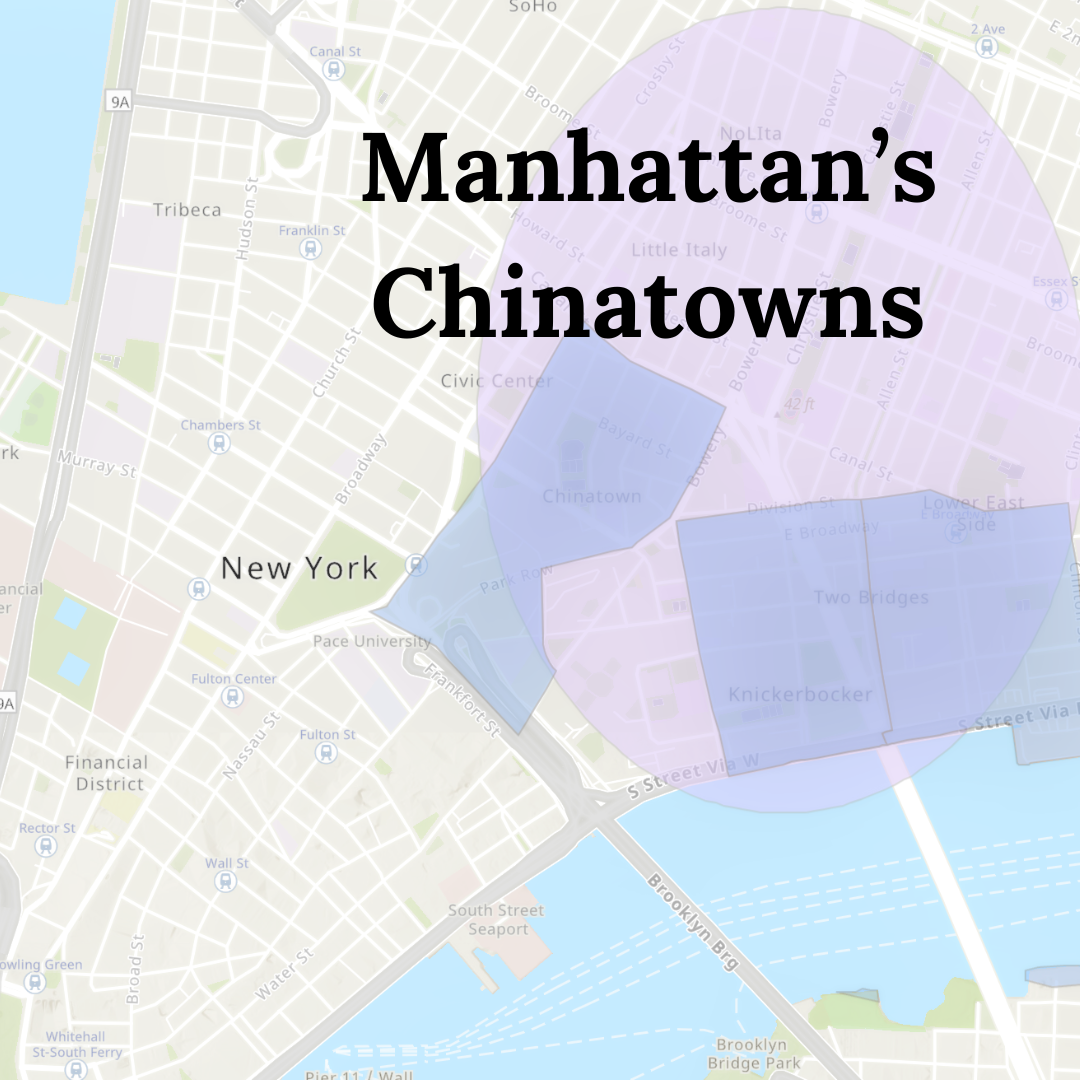



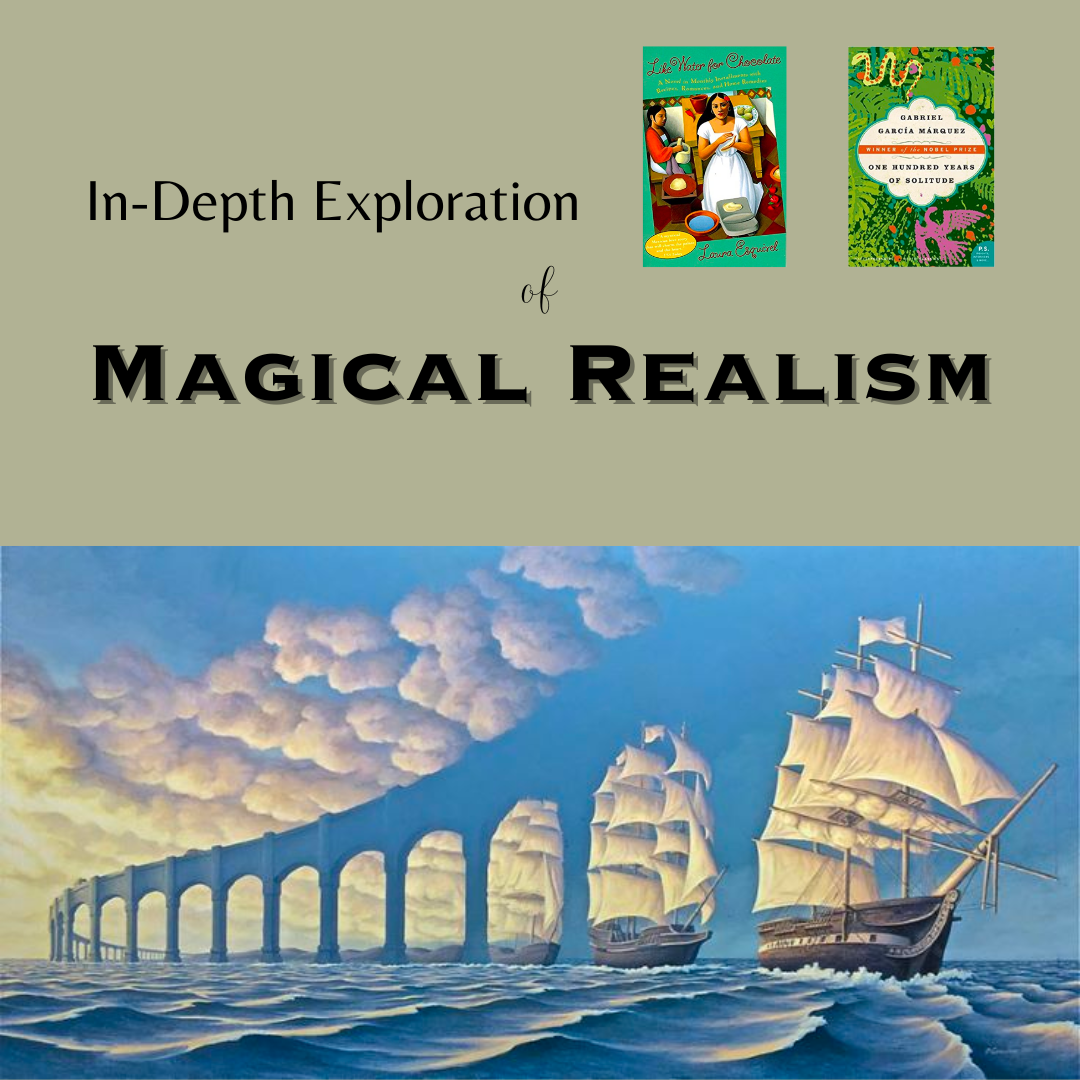
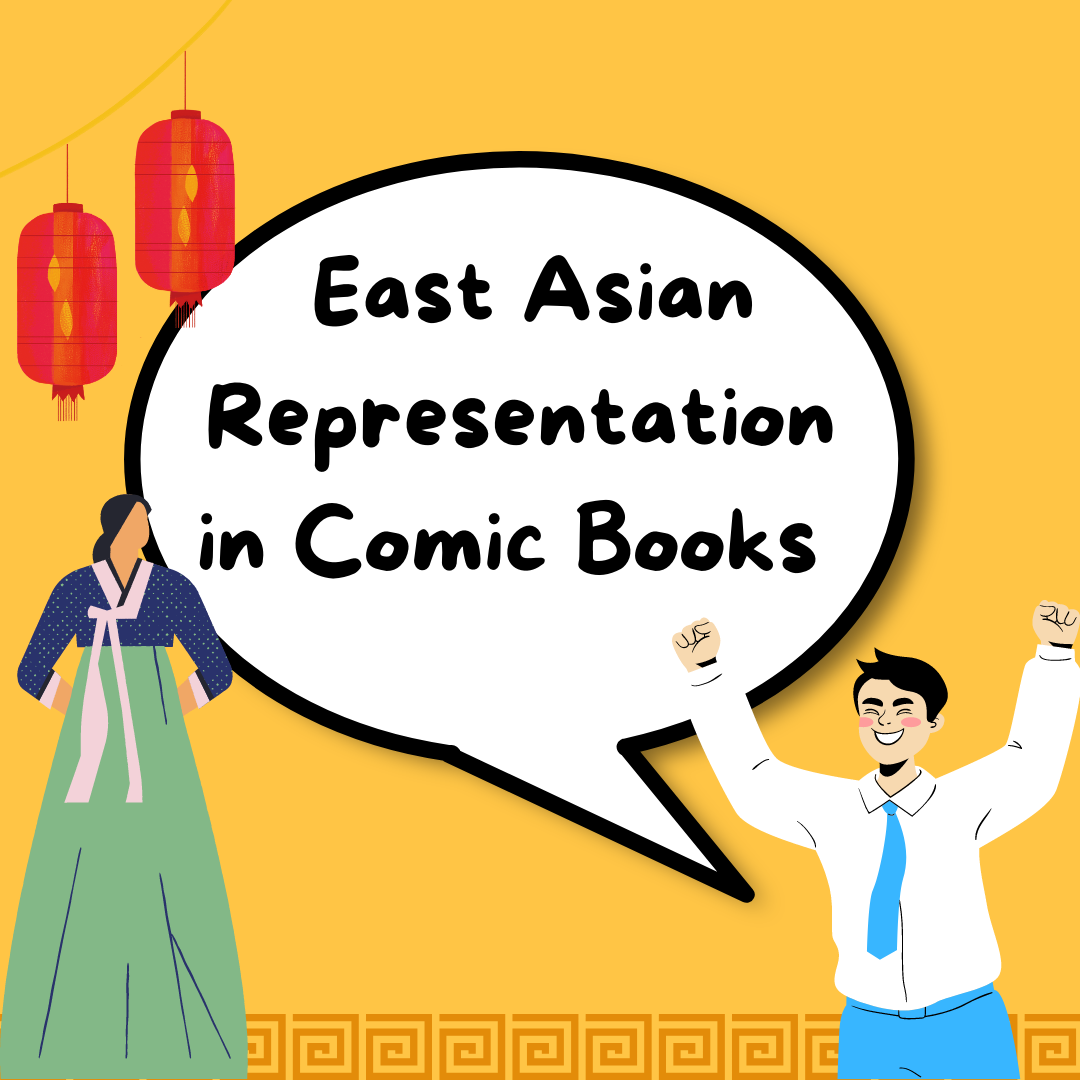
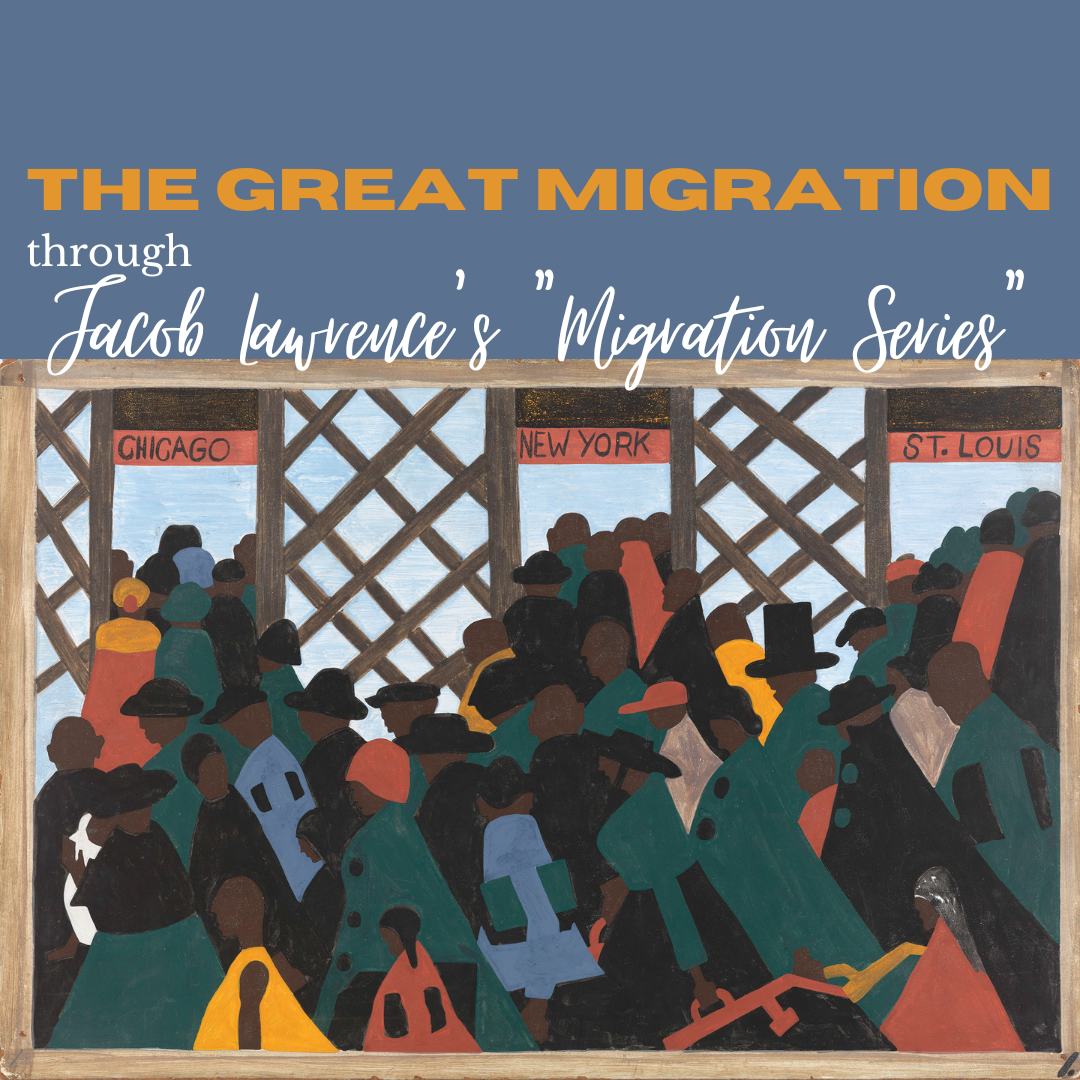







Jakarta is Sinking: The Colonial Roots of Our Climate Crisis
Why is Jakarta sinking? How does a history of colonialism impact Indigenous Jakartans? In this lesson plan, students will explore the colonial roots of our climate crisis through the lens of Indonesia's sinking capital city of Jakarta. They will also learn about the various factors impacting groundwater depletion as well as the state of global water access.
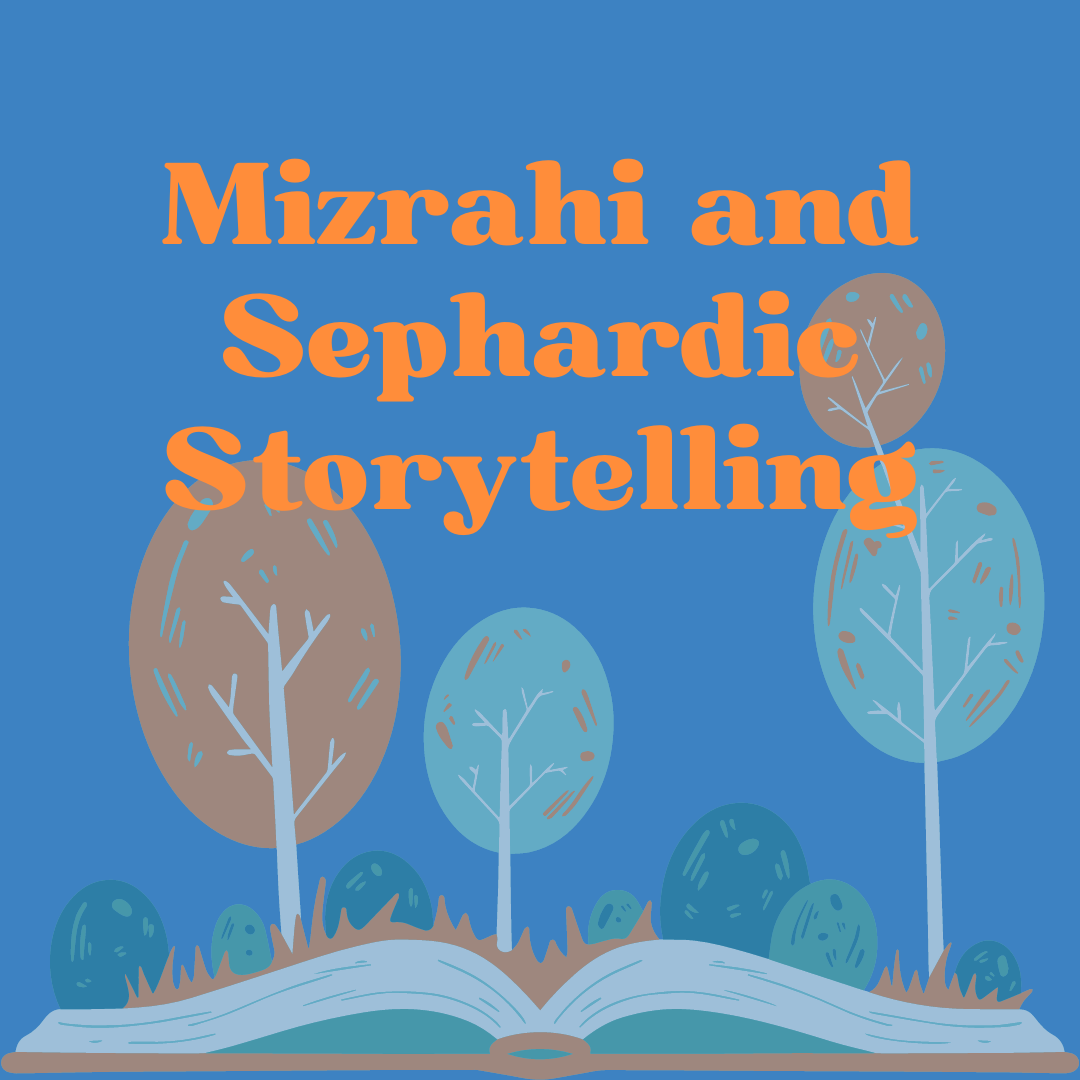
Mizrahi and Sephardic Storytelling
Mizrahi and Sephardic Jews are Jewish Diasporic groups that are often underrepresented in education and media. Mizrahi and Sephardic culture is rich, vibrant, and dynamic. In this lesson plan, students will learn about Mizrahi and Sephardic culture, analyze how cultural elements appear in folktales, and then create their own storybook incorporating folktales and elements of their own culture.
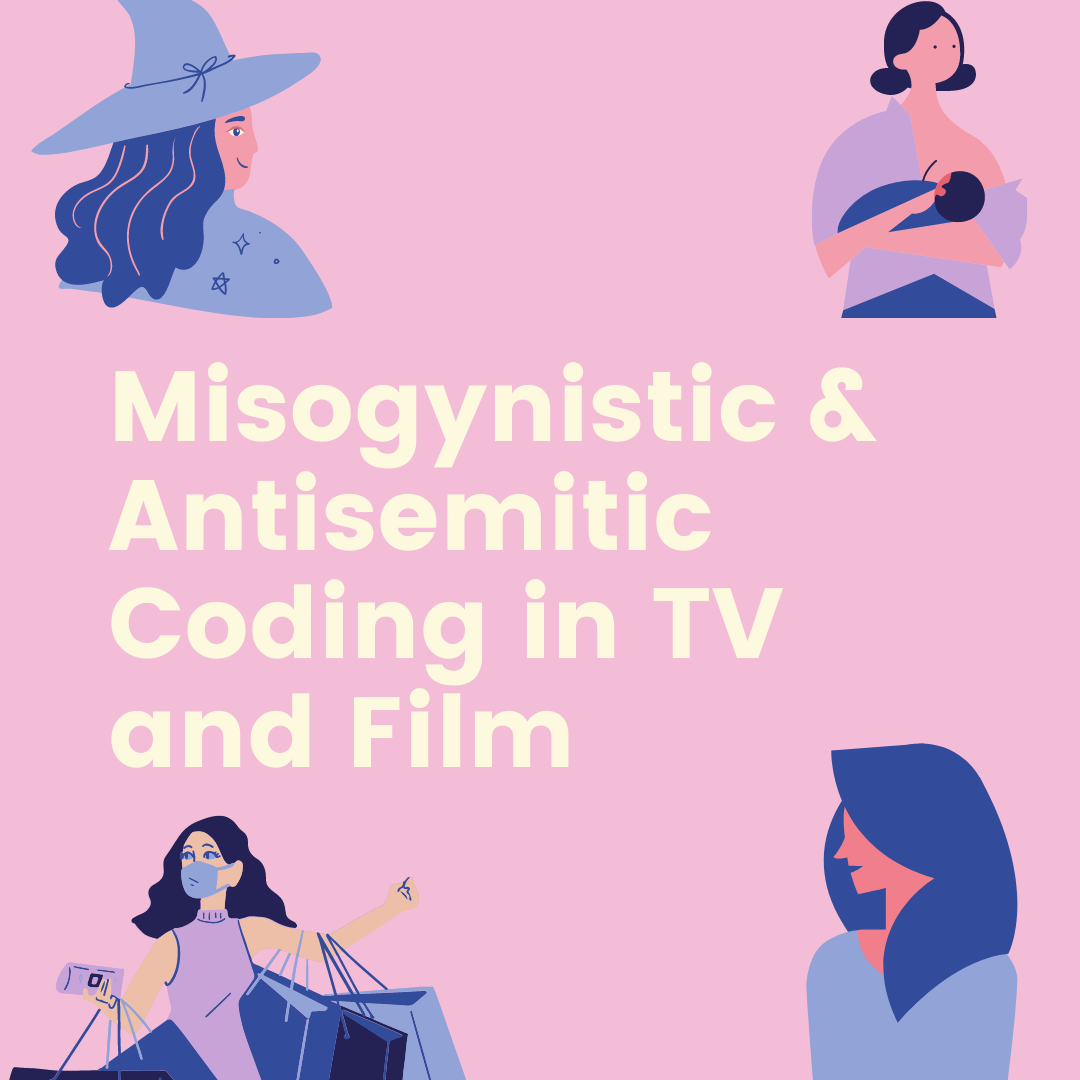
Misogynistic and Antisemitic Coding in TV and Film
Harmful (and positive) societal beliefs do not appear out of thin air. Television, film, and other forms of art can reflect and further perpetuate ingrained societal beliefs. In this lesson, students will explore the ways in which antisemitism and misogyny are ingrained in television and film by exploring four different archetypes of Jewish women. Students will discover how coding can be used to subtly call upon stereotypes by analyzing example scenes. Students will discuss how art can be used to uphold, subvert, or even reclaim stereotypes.

The History of Jewish American Women’s Activism
Jewish women have been disproportionately active in American social and political movements. But often, the Jewish identity of these activists has been omitted from history books, or their involvement has been omitted altogether. In this lesson, students will explore the ways in which Jewish women have been involved in these movements and how their identities shaped their activism. Students will practice public speaking and presentation skills and discuss how identity shapes activism and the importance of acknowledging the identities of historical figures.
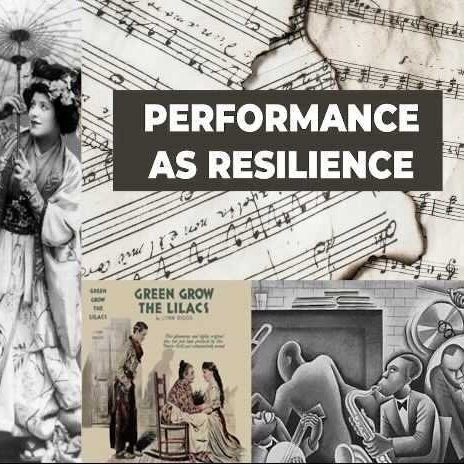
Performance as Resilience: BIPOC Artists Throughout the 1900s-1920s
Throughout this lesson plan, students will learn the histories of BIPOC artists through the 1920s and their contributions to Vaudeville, the Harlem Renaissance, and Silent Film. Using primary and secondary sources from multiple media types, students will engage in rigorous discussion and creative projects to reinforce learning. Appropriate for history and or arts classes.

Analyzing “The End of White Innocence” by Cathy Park Hong
This 11-12th English lesson plan challenges students to consider themes related to shame, racial identity, and privilege while reading Cathy Park Hong’s “The End of White Innocence.” Videos and a socratic seminar format will educate students about the Immigration and Nationality Act of 1965 and how it relates to Hong’s argument. A creative writing assignment will help students craft their own pieces related to identity using Hong as an inspiration.
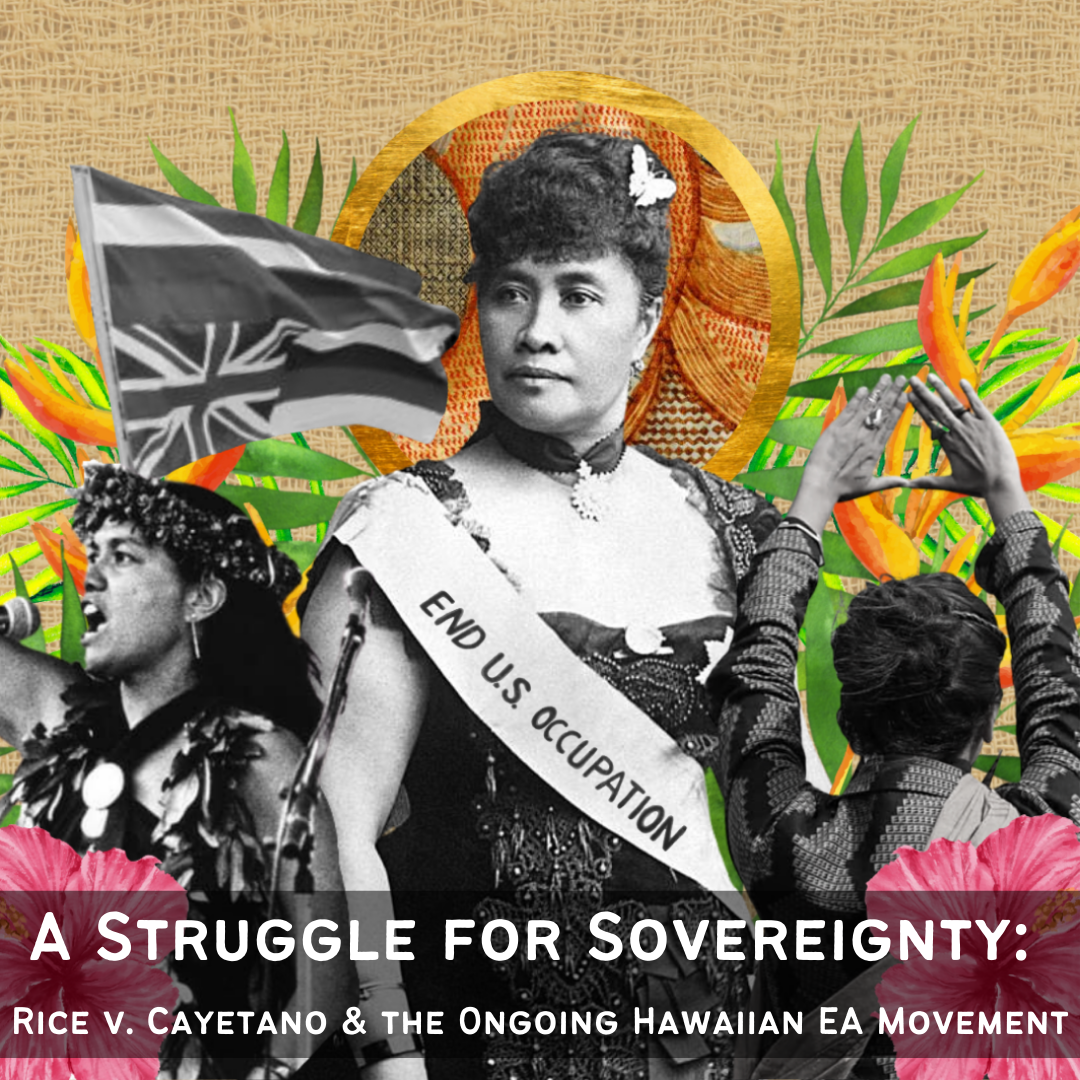
A Struggle for Sovereignty: Rice v. Cayetano & the Ongoing Hawaiian Ea Movement
In this lesson, students will explore the history of the Kingdom of Hawai'i, unearthing the long and ongoing struggle for ea (sovereignty) through the lens of Hawai'ian activists. Students will also engage in a thorough analysis of federal attempts to suppress Hawai'ian sovereignty through the Rice v. Cayetano Supreme Court Case.
Ideas for future lesson plans or topics? Want to share your knowledge and collaborate with Diversify Our Narrative?

